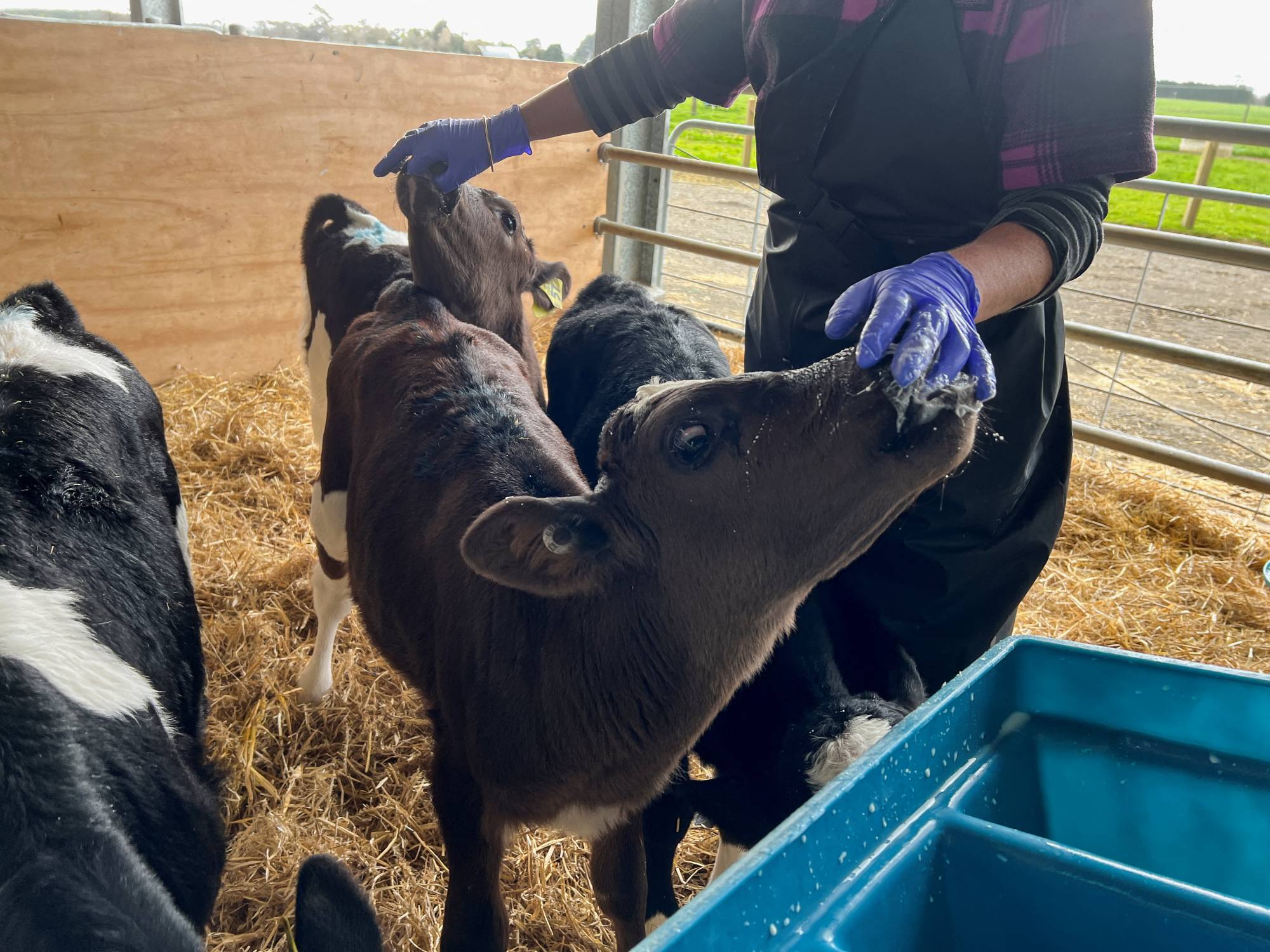Famous for its lamb, New Zealand's agriculture industry was once so well-subsidized that slaughterhouse workers were said to earn more than airline pilots, recalled William Rolleston, a farmer in South Canterbury and leading advocate for the sector.
A few decades ago, huge subsidies meant vast swathes of the country's marginal land was cleared for grazing, fertilizer was overused, and the sheep population boomed to the point where surplus meat had to be destroyed.
Across New Zealand, the subsidy programs took a toll on nature, polluting rivers and eroding soils, according to a study by the U.N. Convention on Biological Diversity (CBD).



















With your current subscription plan you can comment on stories. However, before writing your first comment, please create a display name in the Profile section of your subscriber account page.